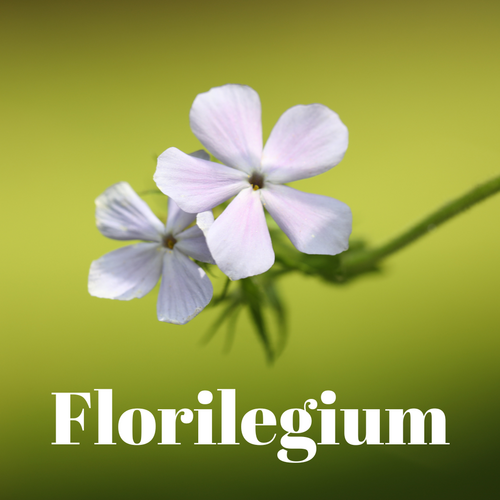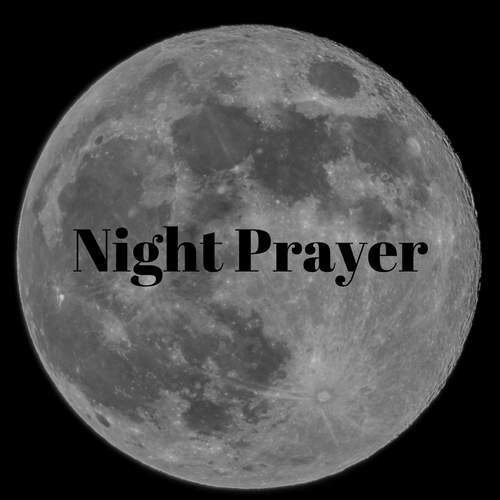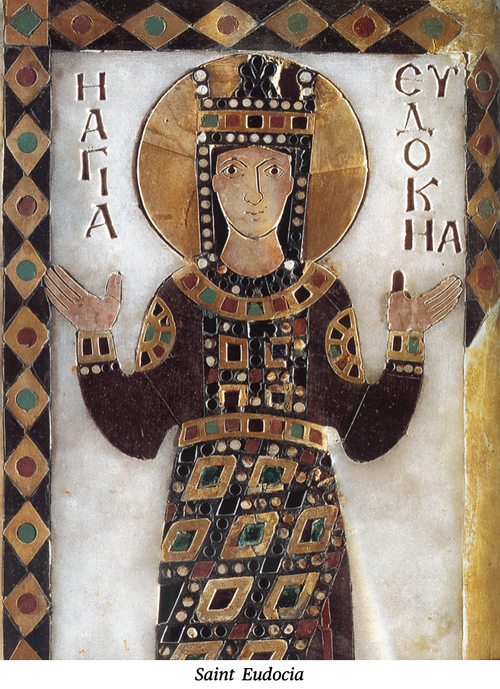

Daily Primer — June 5, Athens Greece
Each day you will be given:
A Florilegium entry
A Daily Prayer
and a Night Prayer.
A Florilegium entry
A Daily Prayer
and a Night Prayer.

One thing I would say about my brother John Paul. My most vivid memories of him, in our childhood, all fill me with poignant compunction at the thought of my own pride and hard-heartedness, and his natural humility and love. I suppose it is usual for elder brothers, when they are still children, to feel themselves demeaned by the company of a brother four or five years younger, whom they regard as a baby and whom they tend to patronize and look down upon. So when Russ and I and Bill made huts in the woods out of boards and tar-paper which we collected around the foundations of the many cheap houses which the speculators were now putting up, as fast as they could, all over Douglaston, we severely prohibited John Paul and Russ’s little brother Tommy and their friends from coming anywhere near us. And if they did try to come and get into our hut, or even to look at it, we would chase them away with stones.
When I think now of that part of my childhood, the picture I get of my brother John Paul is this: standing in a field, about a hundred yards away from the clump of sumachs where we have built our hut, is this little perplexed five-year-old kid in short pants and a kind of a leather jacket, standing quite still, with his arms hanging down at his sides, and gazing in our direction, afraid to come any nearer on account of the stones, as insulted as he is saddened, and his eyes full of indignation and sorrow. And yet he does not go away. We shout at him to get out of there, to beat it, and go home, and wing a couple of more rocks in that direction, and he does not go away. We tell him to play in some other place. He does not move. And there he stands, not sobbing, not crying, but angry and unhappy and offended and tremendously sad. And yet he is fascinated by what we are doing, nailing shingles all over our new hut. And his tremendous desire to be with us and to do what we are doing will not permit him to go away. The law written in his nature says that he must be with his elder brother, and do what he is doing: and he cannot understand why this law of love is being so wildly and unjustly violated in his case.
Many times it was like that. And in a sense, this terrible situation is the pattern and prototype of all sin: the deliberate and formal will to reject disinterested love for us for the purely arbitrary reason that we simply do not want it. We will to separate ourselves from that love. We reject it entirely and absolutely, and will not acknowledge it, simply because it does not please us to be loved. Perhaps the inner motive is that the fact of being loved disinterestedly reminds us that we all need love from others, and depend upon the charity of others to carry on our own lives. And we refuse love, and reject society, in so far as it seems, in our own perverse imagination, to imply some obscure kind of humiliation.
When I think now of that part of my childhood, the picture I get of my brother John Paul is this: standing in a field, about a hundred yards away from the clump of sumachs where we have built our hut, is this little perplexed five-year-old kid in short pants and a kind of a leather jacket, standing quite still, with his arms hanging down at his sides, and gazing in our direction, afraid to come any nearer on account of the stones, as insulted as he is saddened, and his eyes full of indignation and sorrow. And yet he does not go away. We shout at him to get out of there, to beat it, and go home, and wing a couple of more rocks in that direction, and he does not go away. We tell him to play in some other place. He does not move. And there he stands, not sobbing, not crying, but angry and unhappy and offended and tremendously sad. And yet he is fascinated by what we are doing, nailing shingles all over our new hut. And his tremendous desire to be with us and to do what we are doing will not permit him to go away. The law written in his nature says that he must be with his elder brother, and do what he is doing: and he cannot understand why this law of love is being so wildly and unjustly violated in his case.
Many times it was like that. And in a sense, this terrible situation is the pattern and prototype of all sin: the deliberate and formal will to reject disinterested love for us for the purely arbitrary reason that we simply do not want it. We will to separate ourselves from that love. We reject it entirely and absolutely, and will not acknowledge it, simply because it does not please us to be loved. Perhaps the inner motive is that the fact of being loved disinterestedly reminds us that we all need love from others, and depend upon the charity of others to carry on our own lives. And we refuse love, and reject society, in so far as it seems, in our own perverse imagination, to imply some obscure kind of humiliation.
Merton, Thomas, The Seven Storey Mountain (Harcourt: New York, 1998). pp.25-26.
Florilegium is the Medieval Latin word for bouquet, or more literally flowers (flos, flor-) which are gathered (legere). The word florilegium was used to refer to a compilation of writings, often religious or philosophical. These florilegium are literary flowers—beautiful words/prayers/thoughts I have gathered. During my sabbatical they will give me something to ponder each day. — PHL.

Lord of the poets — you are a God who speaks often through the poetry of saints, mystics, prophets, and martyrs. This day we give thanks for authors like Thomas Merton and poets like Eudocia, both of whom lived lives both of extraordinary faith and insight and also error for which they felt honest remorse.
Help us this day to see ourselves as we really are, with a clear perception both of our sacred goodness in your image and also of the ways we have obscured and disfigured your image. May our lives this day be a poem pointing to your great presence and love in the world. May our way of being in the world break open old assumptions and make room for new reconciliation. In the name of the One who rarely spoke without using parables — even our Lord, Jesus, the Christ. Amen.
Help us this day to see ourselves as we really are, with a clear perception both of our sacred goodness in your image and also of the ways we have obscured and disfigured your image. May our lives this day be a poem pointing to your great presence and love in the world. May our way of being in the world break open old assumptions and make room for new reconciliation. In the name of the One who rarely spoke without using parables — even our Lord, Jesus, the Christ. Amen.
Liturgy of the Hours - PHL.

Save us, O Lord, while waking,
and guard us while sleeping,
that awake we may keep watch with Christ,
and asleep we may rest in peace.
Visit this place, O Lord, we pray,
and drive far from it the snares of the enemy;
may your holy angels dwell with us and guard us in
peace, and may your blessing be always upon us;
through Jesus, the Christ, our Lord. Amen.
and guard us while sleeping,
that awake we may keep watch with Christ,
and asleep we may rest in peace.
Visit this place, O Lord, we pray,
and drive far from it the snares of the enemy;
may your holy angels dwell with us and guard us in
peace, and may your blessing be always upon us;
through Jesus, the Christ, our Lord. Amen.
Adapted from The Book of Common Prayer — Compline, p. 133. Liturgy if the Hours — PHL.

